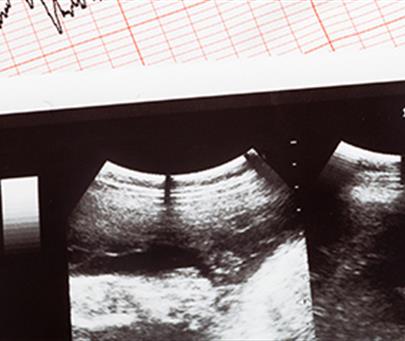Since fetal heart malformation is often associated with a high rate of mortality and morbidity in the fetus and newborn, prenatal diagnosis of congenital heart disease is of particular importance. Most heart defects are associated with chromosomal abnormalities and other non-cardiac abnormalities. By examining the heart in the view of 4 chambers ˓Outflow and 3V in an ultrasound anomaly scan, up to 69% of newborn heart anomalies can be detected. The best time to perform fetal echocardiography is 18 to 22 weeks of pregnancy. Before the 18th week, the small size of the heart limits the clarity of the image, and after the 22nd week of pregnancy, the evaluation may cause a shadow on the fetal heart and reduce the accuracy due to the progressing ossification of the fetus.
Fetal heart echocardiography is one of the methods for diagnosing congenital heart disorders. Pregnancies that have a high risk for heart anomalies and it is necessary to perform echocardiography of the fetal heart include:
- Having a family history of heart diseases
- Family history of chromosomal disorders
- Maternal metabolic diseases such as diabetes and phenylketonuria
- contact and consumption of teratogenic substances such as lithium, phenytoin, alcohol, amphetamine, warfari
- Presence of maternal infectious diseases such as coxsackie, parvovirus, toxoplasmosis, CMV, and rubella
- Maternal collagen diseases such as lupus
- Taking drugs such as non-steroidal anti-inflammatory drugs the mother
- Presence of arrhythmia in the fetal heart
- NT increases in the screening of the first trimester
- Anomalies in the fetus, for example, the presence of an umbilical hernia, diaphragmatic hernia, duodenal atresia, esophageal atresia, and cystic hygroma.
- Existence of genetic syndromes.
- Presence of pericardial effusion or pleural effusion
- Presence of hydrops
- In twins, especially monochorionic twins
- Presence of tumor in a fetus
- Presence of arteriovenous fistula
- Absence of ductus venusus
- Acardiac Twin
- Fetal anemia.
- Pregnancy with laboratory methods such as IVF

